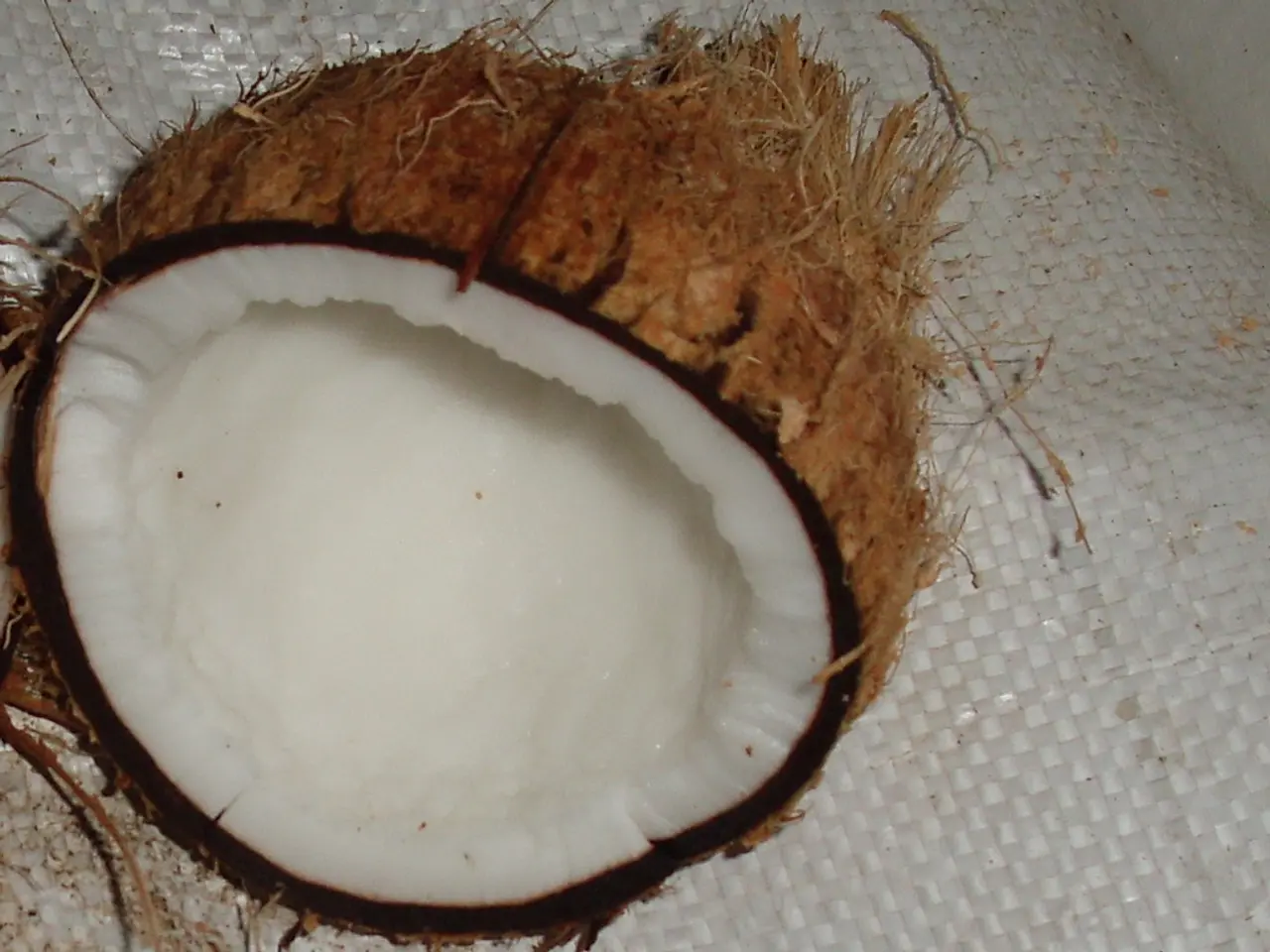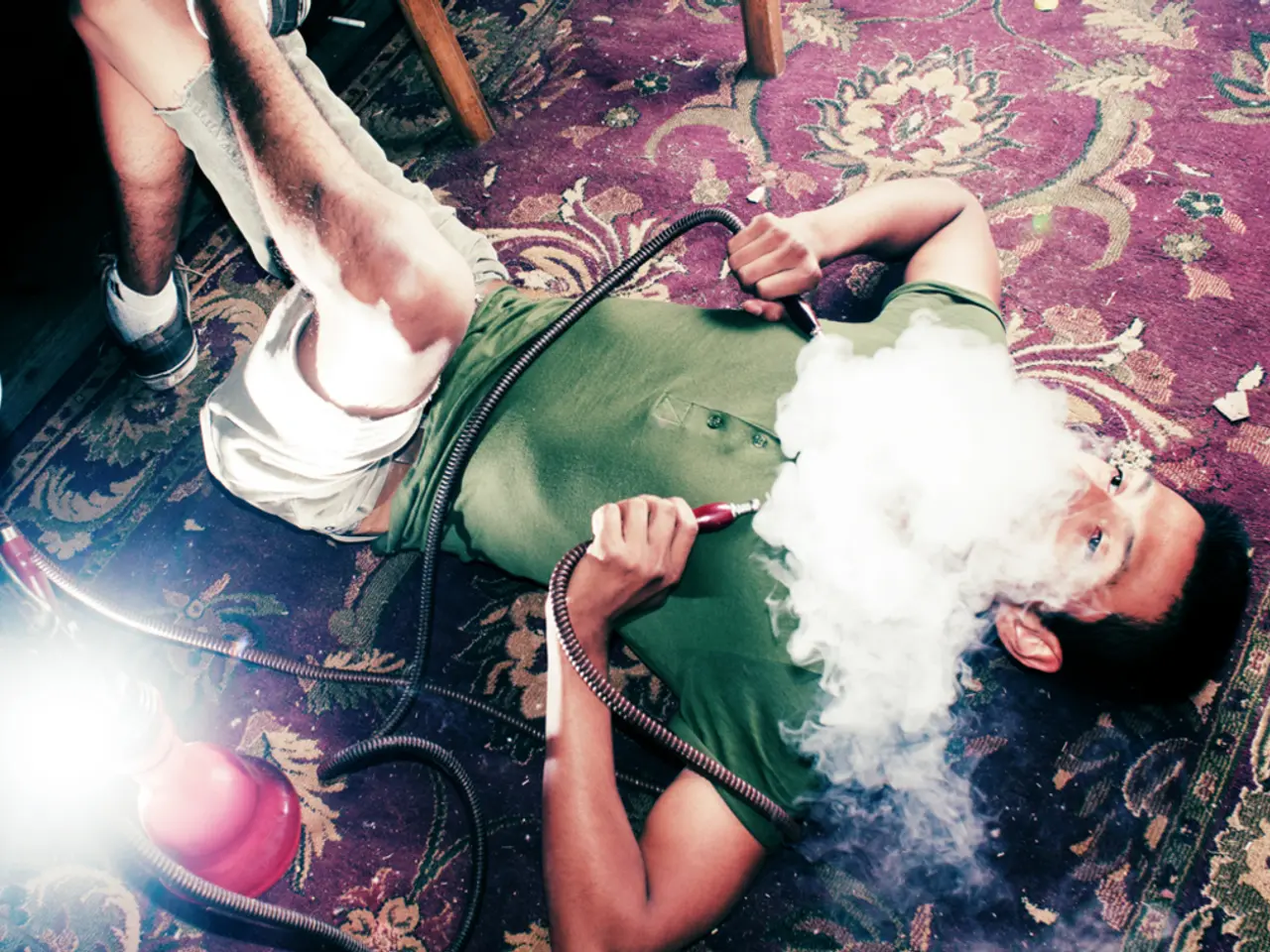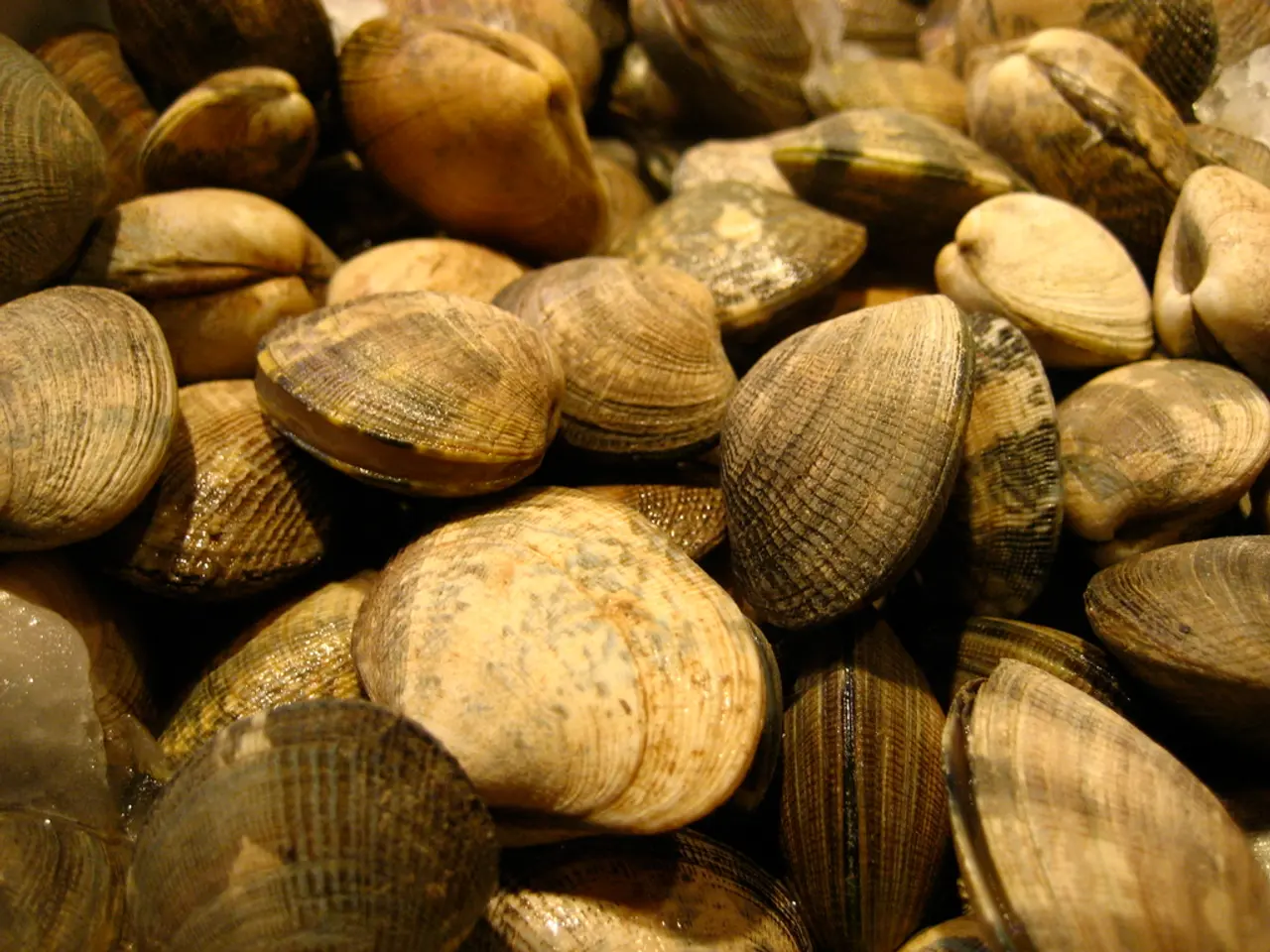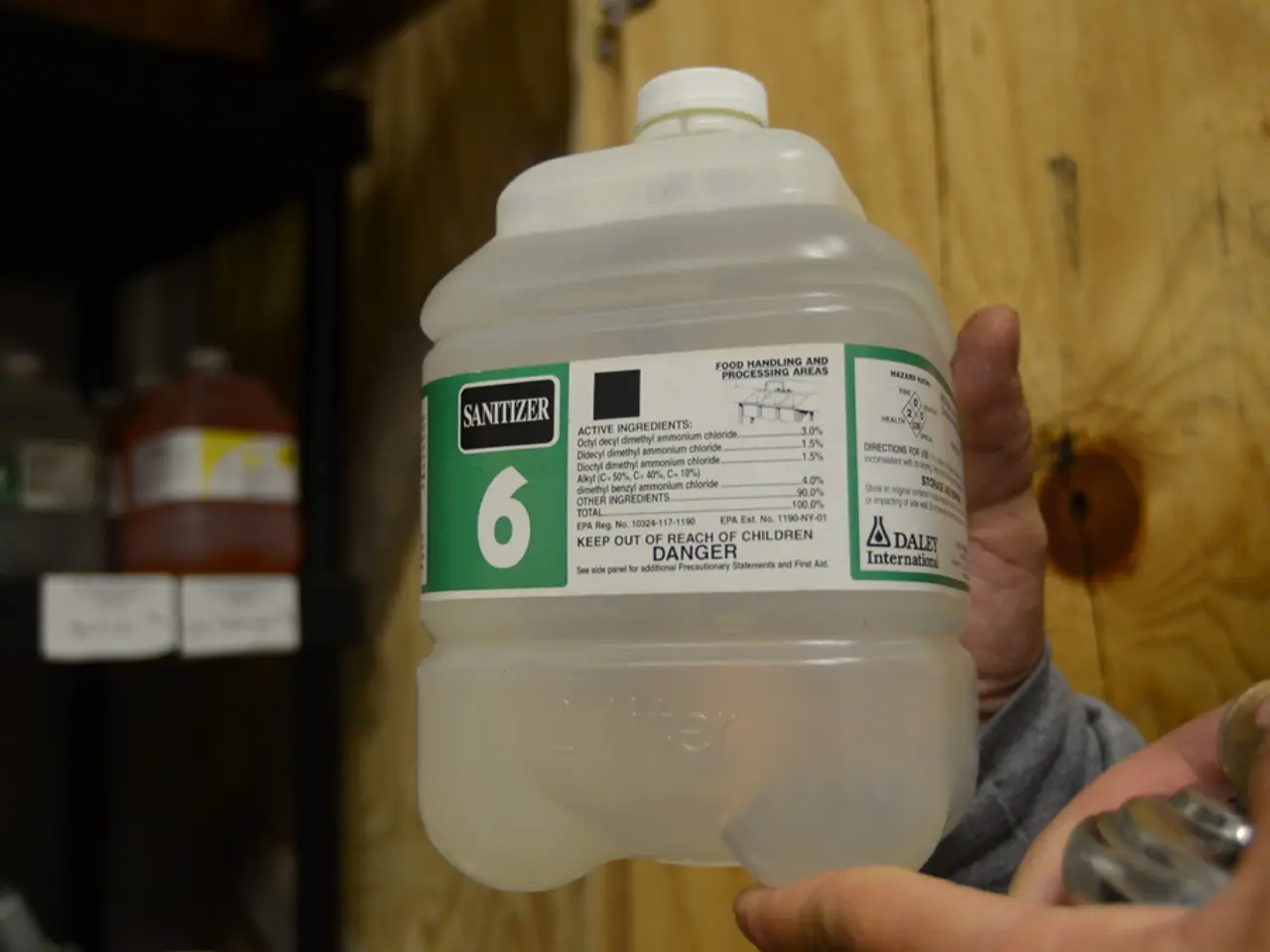Alcohol's potential connection with psoriasis explored
For individuals living with psoriasis, managing the autoimmune disease can be a challenging task. New research suggests that excessive alcohol consumption may exacerbate symptoms and complicate treatment.
Psoriasis is characterised by the overproduction of skin cells, resulting in red, scaly patches on the skin. Inflammation is a key factor in this process, and alcohol can lead to an increase in inflammation in the body[1]. This inflammation can worsen the characteristic symptoms of psoriasis.
Heavy alcohol use can also weaken the immune system, making it harder for the body to manage psoriasis effectively. A weakened immune system can lead to more frequent flare-ups and severity of symptoms[5]. Furthermore, alcohol can cause blood vessels in the skin to relax, leading to increased flushing and possibly more irritation in psoriasis-affected areas[5].
When it comes to systemic psoriasis treatments, excessive alcohol consumption can interfere with their effectiveness. Alcohol may negatively affect the body's response to these treatments, reducing their efficacy[3]. Alcohol can also interact with various medications, potentially affecting their absorption or efficacy. This could indirectly impact systemic treatments for psoriasis[3].
Chronic alcohol use can lead to a range of health issues, including liver damage, which can further complicate the management of psoriasis due to the potential need for liver function monitoring in some treatments[5].
It is important to note that alcohol consumption affects individuals differently, with factors such as body mass, eating habits, and drinking habits influencing its effects. Some people with psoriasis may experience a flare-up after drinking, while for others, there is no change.
To manage psoriasis effectively, it is recommended to limit or avoid alcohol consumption and seek professional advice if reducing alcohol intake is challenging[3]. Common triggers for psoriasis include stress, skin injuries, certain medications, infections, smoking, hormonal changes, other immune conditions, dietary factors, weather, and allergies[6].
Anyone who is concerned about their relationship with alcohol or is experiencing worsening psoriasis symptoms should contact a healthcare professional. The National Health Service (NHS) and the National Psoriasis Foundation are good resources for more information and advice on managing psoriasis and alcohol consumption.
For individuals of reproductive age, it is crucial to be aware that medications used for psoriasis may have hazardous side effects when consumed with alcohol[7].
In conclusion, while the relationship between alcohol and psoriasis is complex, it is clear that excessive alcohol consumption can have detrimental effects on the management of psoriasis. It is essential to approach alcohol consumption with caution and to seek professional advice when necessary.
[1] Research suggests that excessive alcohol consumption can trigger a psoriasis flare-up, and it may have a range of detrimental effects on a person's overall health, such as liver damage and increased inflammation. [2] National Health Service (NHS) notes that common triggers for psoriasis can include stress, skin injuries, certain medications, infections, smoking, hormonal changes, other immune conditions, and dietary factors, weather, and allergies. [3] The National Psoriasis Foundation states that alcohol consumption may decrease the body's ability to process medications effectively. [4] Alcohol may negatively affect the body's response to systemic psoriasis treatments. [5] Alcohol-related organ damage may occur due to excessive consumption. [6] Excessive alcohol consumption may delay recovery from tissue injury. [7] In people with uteruses of reproductive age, the medications used for psoriasis may have hazardous side effects when consumed with alcohol.
- Excessive alcohol consumption can lead to an increase in inflammation in the body, which can worsen the characteristic symptoms of psoriasis.
- Heavy alcohol use can weaken the immune system, making it harder for the body to manage psoriasis effectively, possibly causing more frequent flare-ups and severity of symptoms.
- Alcohol may negatively affect the body's response to systemic psoriasis treatments, reducing their efficacy, and can interact with various medications, potentially affecting their absorption or efficacy.
- Chronic alcohol use can lead to a range of health issues, including liver damage, which can further complicate the management of psoriasis due to the potential need for liver function monitoring in some treatments.
- For individuals of reproductive age, it is crucial to be aware that medications used for psoriasis may have hazardous side effects when consumed with alcohol.




